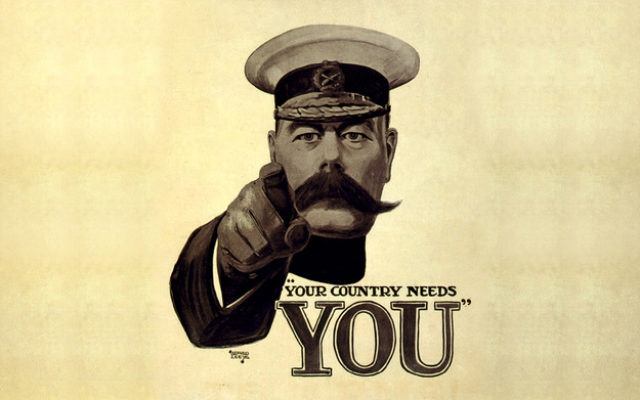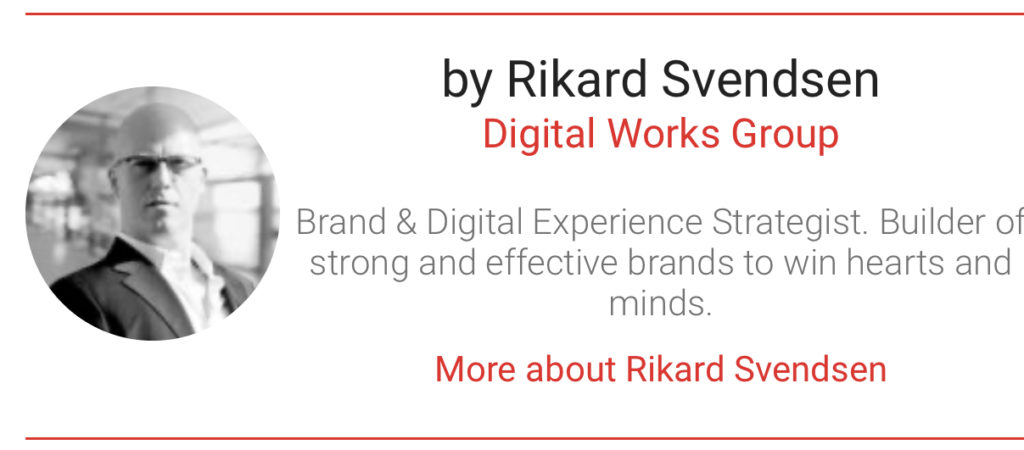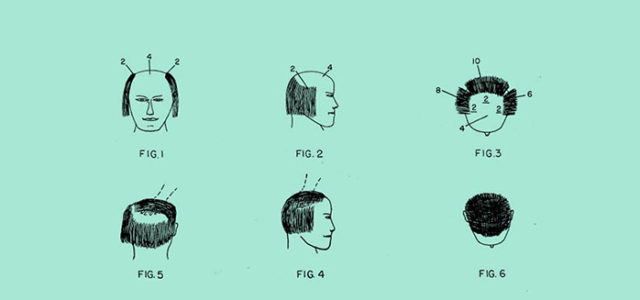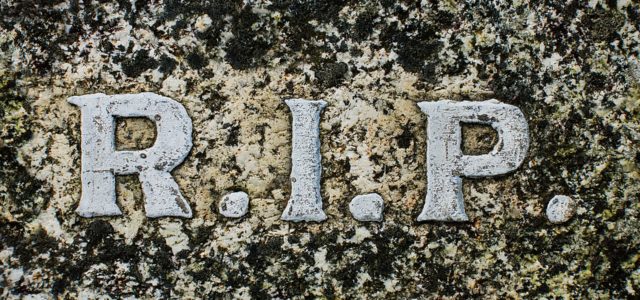It’s only when the virus hits the bottom line; you discover who your brands are. Companies are run by humans and therefore act like humans when it all hits the fan. There are three instinctive human responses to a crisis fight, flight or freeze.
Most companies freeze – they just don’t do anything but wait till the storm is over – and hope everything will go back to normal. This is an understandable response in these uncertain times.
What’s more interesting, from a brand-building perspective, is the fight or flight response. For those who took action, in one way or the other, what will the repercussions be for the brand they have spent years trying to build?
Decades of countless brand strategy sessions, marketing campaigns, advertising budgets, promotional activities, PR sessions and social media activities, not to mention re-brands and digital transformations. Could all the brand value be wiped out with one impetuous decision?
The Perfect Perception
An oversimplification of a ‘brand’ is to say “a brand is not what you say it is, it’s what they say it is“. In his book, The Brand Gap, Marty Neumeier states that:
“A brand is a person’s gut feeling about a product, service, or company. It’s a gut feeling because we’re all emotional, intuitive beings, despite our efforts to be rational.“
I agree with what Marty is trying to say, but a ‘brand’ is not actually what people say or how they feel, it’s what they perceive, but we can get into that at a later date. The point being, what people say, feel, and how they perceive a company will affect brand loyalty and ultimately, sales.
So now, after decades of brand and marketing efforts, let’s imagine a company has finally achieved the Holy Grail. Their customers perceive them as something positive, they feel good about the company, have nothing negative to say, and like to be associated with what the company ‘stands for’.
It’s a good day at the office when the customers use the company’s ‘brand’ to communicate something about themselves and build their own identity.
Congratulations, you’re a now a strong brand, and business is hunky-dory…until we’re in the midst of an epidemic and a high-level decision must be made; “fight, flight or freeze?”
The Mighty have Fallen
The ones who sit out the storm (freeze) will neither build nor destroy their brand. As actions speak louder than advertising, let’s instead look at the ones who took action and got it wrong by trying to save their own skin (flight).
There’s no better example than Liverpool FC. Their customers (also referred to as fans) are not only extremely passionate about the ‘brand’, but they are also very outspoken (nothing better than when customer feedback is sung by thousands every week).
Even though Liverpool FC made a profit of £42 million last season, they decide to furlough non-playing staff at the expense of the taxpayer (their customers). A stark contrast to the ‘You’ll Never Walk Alone’ song that the customers sing for the players, week in and week out.
Legend has it that the motivating effect of hearing the fans singing ‘You’ll Never Walk Alone’ gave the players hope when all seemed lost. Extremely upsetting amid an epidemic, when all seems lost, Liverpool FC makes a run for the exit to save themselves, leaving everyone else behind to ‘walk alone’.
Not so easy now to use Liverpool FC’s ‘brand’ to build your own personal identity.
Fortunately for Liverpool FC, their customers seem to be much better at brand building than the ones’ who get paid to do the job. The customers pulled Liverpool FC away from the brink of brand destruction by forcing a U-turn and an apology from the club.
Not many companies will have such strong brand loyalty that the customers will stop at nothing to prevent the company destroying its own brand. (New Coke springs to mind).
A Call to Arms
This brings us now to the ones who took the road less travelled, stepped up to the plate and started swinging (fight). Companies can talk all day about how amazing they are and why we should love them, but they don’t often get a chance to show us why.
There are numerous examples of companies who have joined in the fight against Covid-19. Some have financially supported charities, others like Coca-Cola and McDonalds have redesigned their logos to spread the government’s message of social distancing.
Hundreds of distilleries have started producing hand sanitisers instead of spirits to combat the spread of the virus. Fashion companies like Gucci, Louis Vuitton and Chanel have started producing face masks for front-line workers.
Not only are they serving the greater good, but it helps to keep their business going. Airbnb is using their platform to help NHS staff find affordable accommodation close to where they work. Holiday Inn is providing a safe place for key workers to stay so they can continue to battle on.
We can all take our hat off to these companies who ‘did the right thing’ when the going got tough.
Beyond the Call of Duty
Then finally, you have the companies who take it beyond producing ammunition like hand sanitisers and face masks, but instead, use the full might of their organisations to take the fight to the enemy, by reinventing the weapons needed to win the war.
Mercedes-AMG F1 are among the ones who have gone beyond the call of duty. They are fighting to ensure NHS staff, and key workers ‘never walk alone’ by improving a continuous positive airway pressure machine, a breathing aid that helps coronavirus patients with serious lung infections to breathe.
Another company who’s answered the call of duty is Dyson whose primary business is to ‘move air in one direction or the other’ in the form of vacuum cleaners or hand dryers. In 10 days they designed the ‘CoVent‘ a new ventilator to support patients who are no longer able to maintain their airways.
These companies could all have taken the road more frequently travelled, but instead rose to face the enemy.
Victory at Last
So when the war is eventually won, and I’m next in The Spitfire – my local pub located on a former RAF airfield used in the Battle of Britain and adorned with memories of the “few” – I will also be reminded of today’s few, who did so much for so many, as I catch a glance of the Dyson logo when drying my hands. Knowing they were there for us, so we will be there for them.
Brand loyalty – earned by the few.
Article by channel:
Everything you need to know about Digital Transformation
The best articles, news and events direct to your inbox








